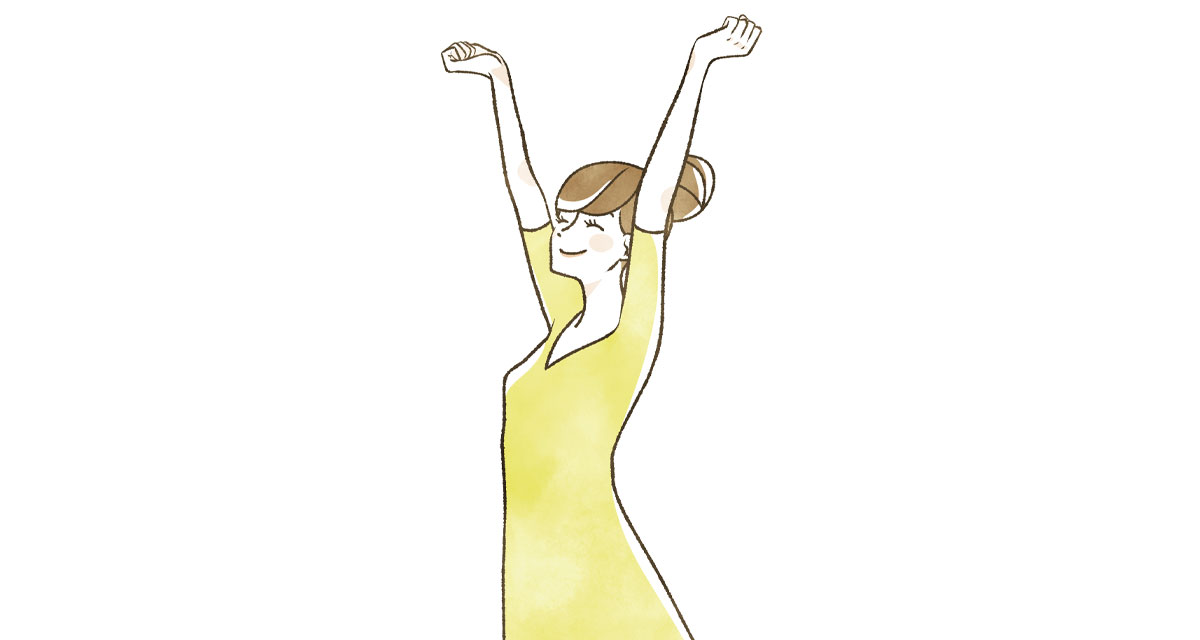We All Do It
Did you know that as much as ten percent of our thoughts involve making comparisons of some kind? Yipes! We compare ourselves based on:
- attractiveness
- wealth
- intelligence
- success
- even the quality of our relationships
There isn’t much that escapes our scrutiny, which means that comparison-making is loaded. As social animals, we make comparisons to determine how we stack up against others: Who am I? How am I doing? Am I progressing or improving? Do I fit in?
This process can be healthy if it motivates us to get on a better track, or to actively seek improvement in a specific area of our life. Most of us are thrilled to be able to tell someone, “You have no idea what a positive impact you’ve had on me. You were my role model for ___________(FILL IN THE BLANK).”
But there is a dark side to making comparisons, one we may be all too familiar with.
Why We Shouldn’t Do It
Dr. Deborah Carr cites three reasons, paraphrased below, why comparing ourselves with others is something we shouldn’t do:
- First, doing so is foolhardy because the image of perfection that many people cultivate is an illusion – regardless of what they might project on social media and everywhere else.
- Second, life isn’t and never will be a level playing field. We come into this world with different advantages and disadvantages, some of which no amount of “hard work” can make up for.
- Third, rivalry can replace meaningful friendship when making comparisons leads to jealousy and the inability to be happy for others.
If making comparisons is interfering with living your life in a way that you feel good about, it’s time to take some action.
How to Stop Doing It
- Notice what triggers you – remember the key comparisons we humans tend to make: attractiveness, wealth, intelligence, success, relationship quality. Identify your key triggers and how you respond. Do you beat yourself up? Feel envious? Judge the other person who has what you want? Next, do what Dr. Susan Biali Haas suggests: write down how your response negatively affects you and why focusing on it is a waste of your time. PSA: this may include people who constantly judge you or attempt to make you feel inferior.
- Turn a trigger into a motivator – use that trigger as a motivator to go after what you want for yourself instead of coveting what the other person has. Maybe you get back to the gym, work on your relationship with your significant other, or get started on that long-term financial strategy.
- Give a shout out to your strengths – if your habit is to uphold others’ strengths while focusing on your own weaknesses, you have set yourself up for a lifetime of “self-dissatisfaction” and discontent. Turn that around by looking at yourself objectively, as an outsider. Then get busy listing your strengths, your positive qualities, the things that make you unique. Do this often to remind yourself of your innate worthiness.
- Cultivate a generous spirit – at the same time, “be generous of spirit.” We’ve all known people who are stingy with their regard. Don’t be. By genuinely praising others for their positive qualities and strengths, both you and they are uplifted. Besides, doing so gives you one more positive strength to add to your list!
- Curtail social media – studies repeatedly show a correlation between social media and higher rates of depression, anxiety, and loneliness. If social media is your Go To, work on breaking the habit. Be good to yourself by creating healthy substitutions such as calling a friend (a real friend), going for a walk, gardening, or reading uplifting material.
- Remember that money doesn’t buy happiness – I know, it can sure look as if it does. For a short period of time, a bright, shiny, new bauble does lift our spirits. But over the long haul? No way. In fact, studies repeatedly find that the wealthy don’t experience greater happiness or a stronger sense of well-being than others.
Get serious about gratitude – yes, you keep hearing this. But gratitude is key to contentment, particularly when you focus on feeling appreciation for the things that matter most in our human experience: loving and being loved, friendship, community, and spiritual abundance.























